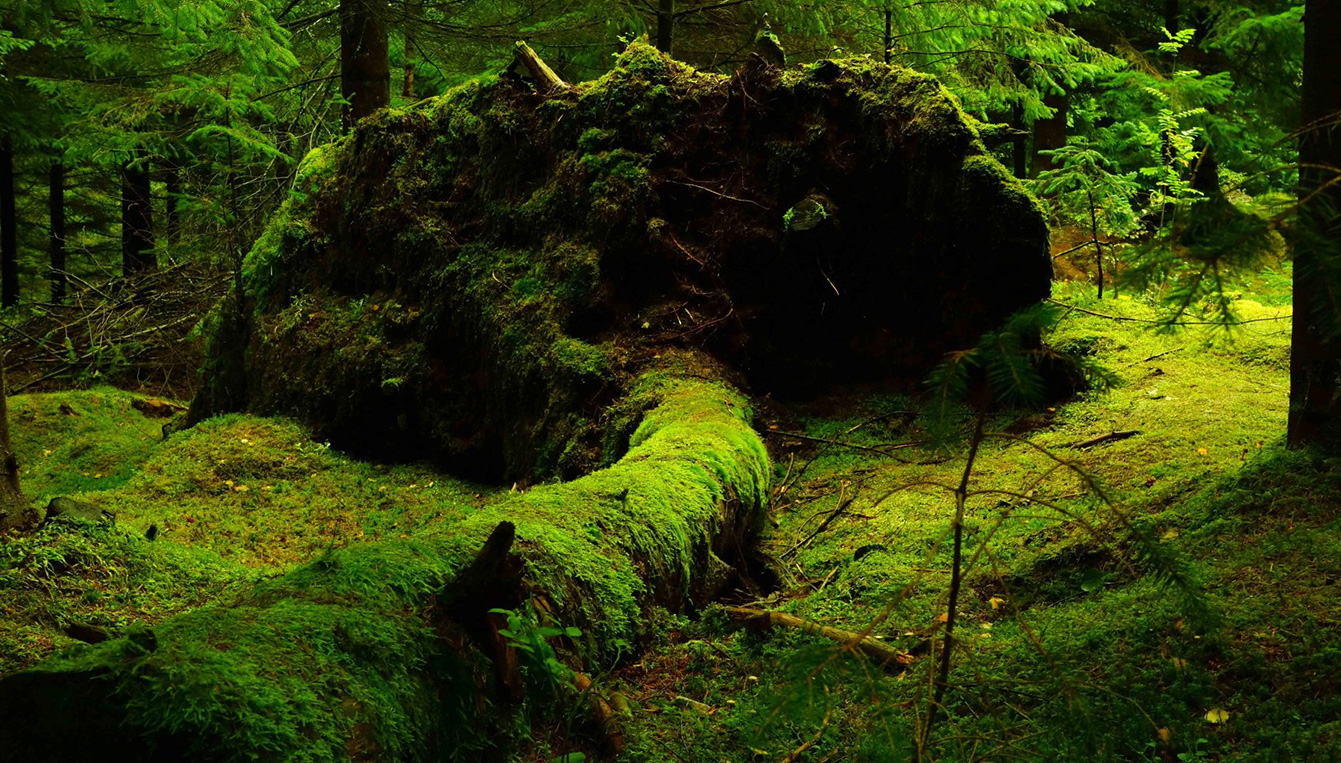 News
News
Acentech wins AN Best of Practice Award
Acentech is honored to be awarded an Editors’ Pick in The Architect’s Newspaper 2025 Best of Practice Awards in the Acoustic Consultant/Engineer category! This recognition highlights…

When a tree falls in the woods and there is no one there to hear it, does it make a sound? This question is a popular philosophical question that scholars have been asking since the 1700’s. I would like to add a second thought; does it make noise? Wikipedia even has a page dedicated to the topic.
So does it? When a tree falls in the woods does it make a sound? Does it make a noise? The answer is quite simple if answering on a physical level: Yes and No!
Yes, it makes a sound, that being a disturbance in the fluidic medium, air. When the tree falls it causes a disturbance in the air pressure field in the woods and that pressure field emanates away from the fallen tree. The physics of this phenomenon are quite well understood, and very independent of any soul being there to hear the sound.
No, it does not make a noise, if one is using the popular definition of “noise” being unwelcome or undesirable sound. For the sound to be unwelcome there must be a listener, a person. One could argue that a rabbit or deer could be there to hear the tree falling, but opinion surveys of rabbits and deer are in short supply. The question requires that a judgmental person be in the proverbial woods.
It is a good guess that our Founding Fathers did not worry much about noise…it certainly did not make it into the Bill of Rights. After all, the main exports of the Colonies included rice, tobacco, and handicrafts—without any massive machinery to help. While I am sure there are a few cases of unwanted sound before, my guess is that noise and its effects on people likely had to begin with the Industrial Era. The impacts of sound on people have early roots here in our home office of the Boston/Cambridge area. Built in 1900, Boston Symphony Hall was the first such venue to be specifically designed with acoustics in mind. This work was done by the father of acoustics, Wallace Clement Sabine. But that is the “clean” part of our business—emphasizing the sounds people want to hear. The “dirty” part, noise, also had its roots in Boston as the one of the first consulting firms for acoustics is the renowned, Bolt Beranek and Newman (BBN) which was the parent company of Acentech. BBN started in 1948. According to Sound Ideas by Deborah Melone and Eric Wood, the firm’s earliest report #0006 in 1949 mentioned the topic of “noise;” the title was “Survey of air compressor noise and vibration problem at the Essington Plant of the Lindle Air Products Company”.
Environmental noise took center-stage at the Federal level in 1974 with the publication of the Environmental Protection Agency (EPA) landmark report, “Information On Levels Of Environmental Noise Requisite To Protect Public Health and Welfare With An Adequate Margin Of Safety.” This report became known as the “EPA levels document”, and was one of the first Federal documents to address the appropriate levels of exterior noise. Unfortunately, during the Reagan Administration in the 1980s, the EPA Office of Noise Abatement and Control lost all funding and its ability to engage in noise compliance.
Fast forward to 2018 and the issue of unwanted noise is everywhere and unfortunately part of virtually every person’s day-to-day life. Noisy products like dishwashers and cars can be easy to avoid with a little bit of research before purchasing, but institutions like factories, energy plants, and even restaurants have become routine sources of noise complaints for neighbors and even entire municipalities. That’s why noise compliance is key to keeping the world a livable, quieter place.
So, what can be done about keeping things quiet? It is important to note that there are currently very few federal regulations that address environmental noise compliance on an individual level. Yes, OSHA has noise regulations for industry, especially in factories. Mine Safety Health Administration (MSHA) and the US Coast Guard also have regulations related to their fields of interest. But, all of these regulations cover employees and their work spaces, not life at home. If you’re outside of work and you have a concern about excessive noise, you are out of luck with the U.S. Government. You are going to find that the better noise codes are the ones closer to home and this is the way it should be! Using the Web, you can easily look up what your local municipality or state has in place to protect residents against the adverse effects of excessive community noise.
Now that we are all on the same page about the general history of noise in the modern world, what can you do about it? Stay tuned for future blogs for DIY advice on how to perform a quick noise check and how to get a neighbor (residential or industrial) to be more noise compliant.